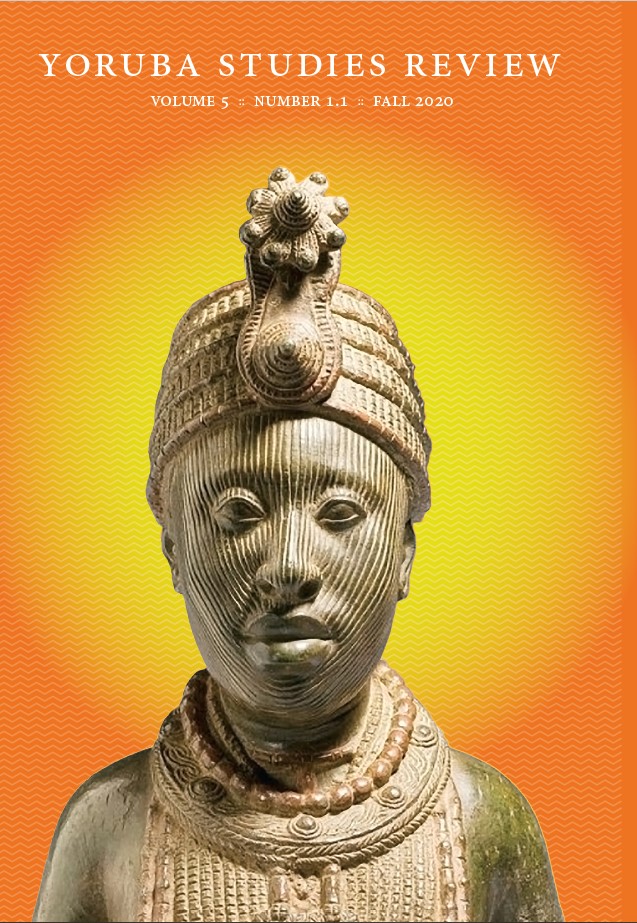Abstract
The Laws and Customs of the Yorùbá People chronicles the prevalent customary practices and native laws of the Yorùbá people who have their ancestral home in South Western Nigeria and descendants in several cities around the world by virtue of forced and voluntary migrations. The book draws from extensive research – including painstaking collection of materials from several sub-groupings within the Yorùbá ethnic group. Ajisafe Moore acknowledges in the preface that the laws and customs of the Yorùbá people vary within the different Yorùbá sub-groupings. The book however sought to address customs and laws that are generally applicable across the entire Yorùbá ethnic group. It is not clear when The Laws and Customs of the Yoruba People (henceforth Laws and Customs) was actually published. The author’s reference in the preface to 1906 as the time when he commenced his research efforts for the book provides a first pointer to possible publication of the work in early twentieth century. Other sources such as the LitCaf Encyclopedia list laws and customs as being published in 1924, eight years after the publication of the first edition of Ajisafe Moore’s self-published work, History of Abeokuta in 1916 (reissued in 1948 and 1964 and now part of the United Kingdom’s Royal Collection Trust). James S. Coleman’s Nigeria: Background to Nationalism (1958) cites Laws and Customs as one of the “tribal and national histories of major ethnic groups” published in English in 1946 (Coleman, 1958: 327). Kash and Klare Bookshop, Lagos, Nigeria was listed as the publisher. Tis latter 320 Akinloye Ojo and Kingsley Opia-Enwemuche publication date of 1946 meant that Laws and Customs was a posthumous publication for Ajisafe Moore who passed away in 1940.

This work is licensed under a Creative Commons Attribution-NonCommercial 4.0 International License.
